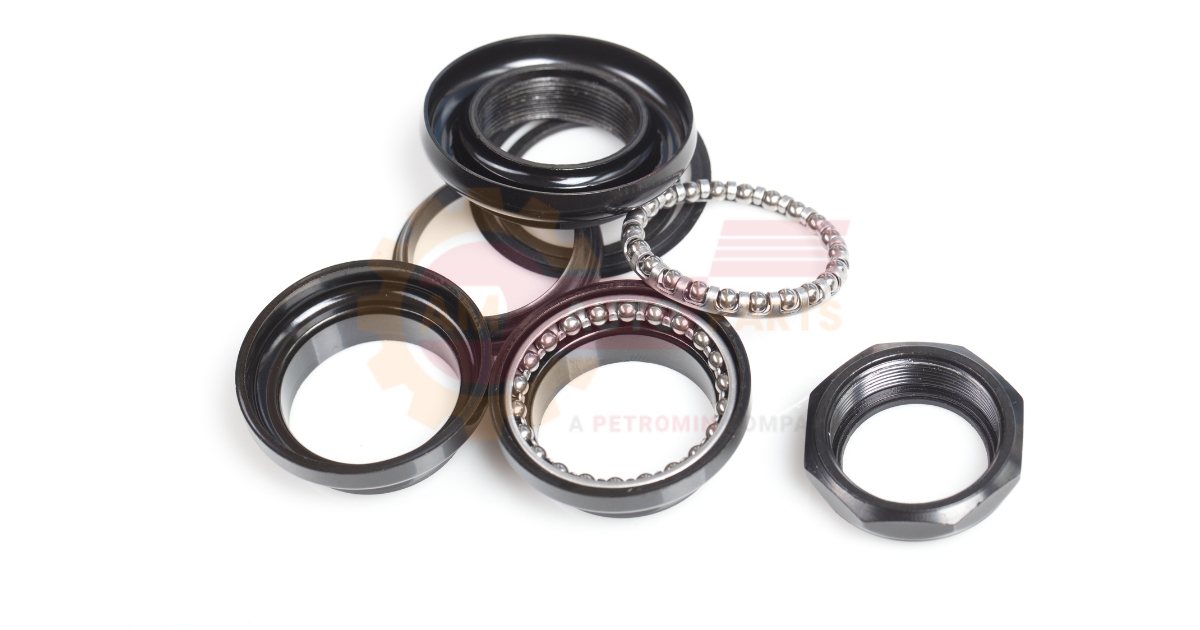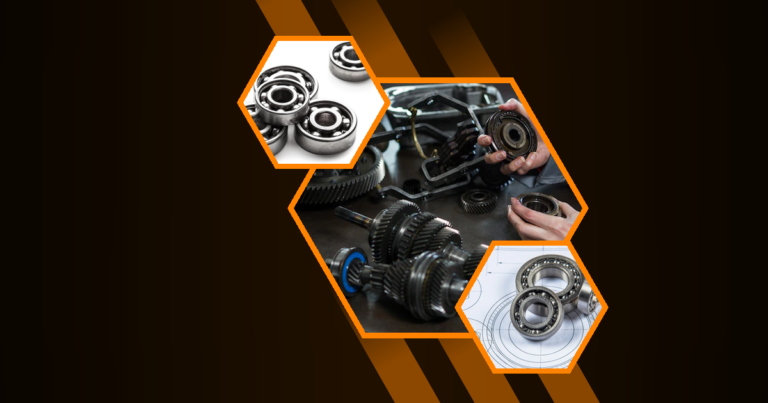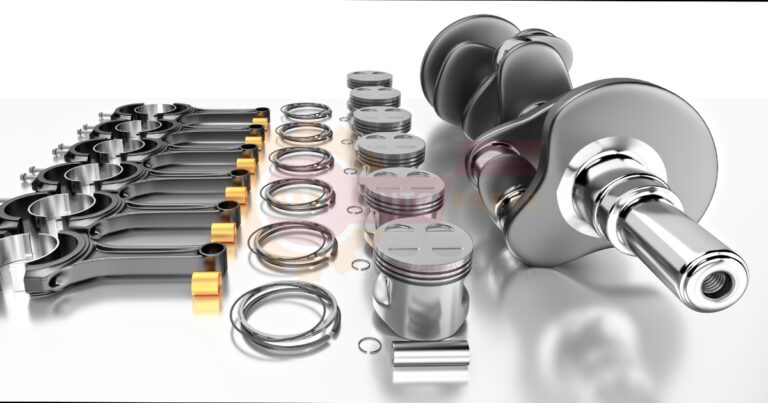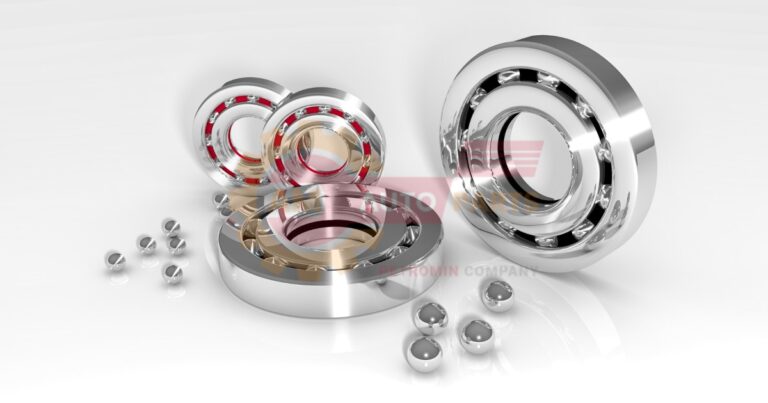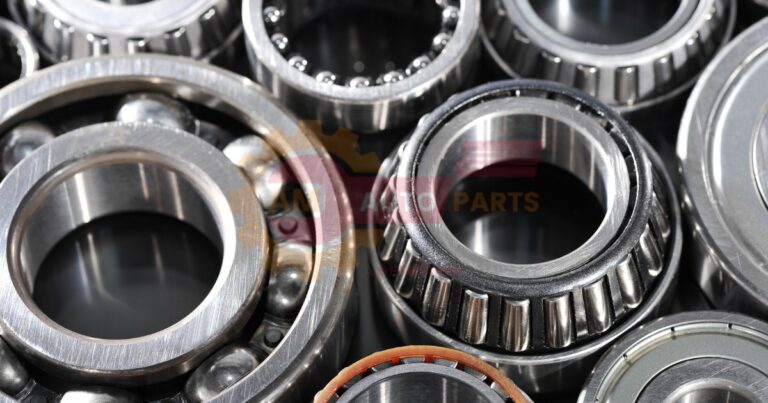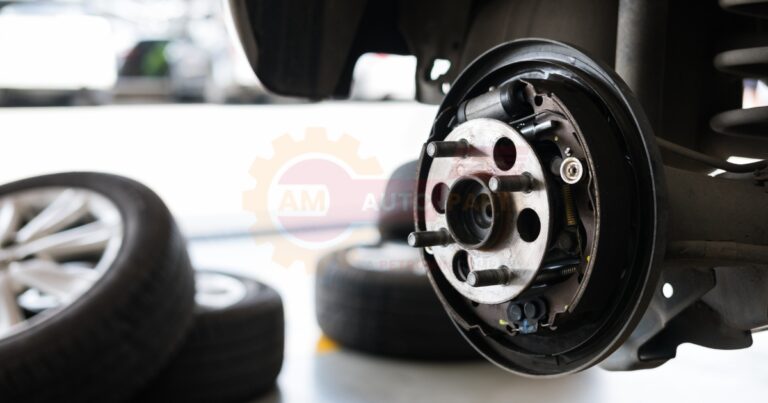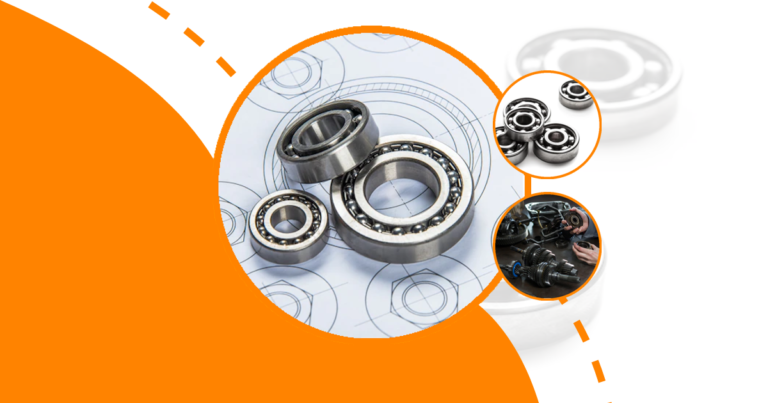Importance of Bearings in Cycling
Bearings are crucial components in a bicycle, ensuring smooth and efficient movement. They reduce friction between moving parts, allowing for a seamless ride. Without well-functioning bearings, cycling would be a strenuous and less enjoyable activity.
Overview of Different Types of Bike Bearings
There are several types of bearings used in bicycles, each serving a specific purpose. Understanding these types can help you make informed decisions about maintenance and upgrades.
Types of Bearings Used on a Bicycle
Exploring Bushings on Bikes
Bushings are simple bearings that consist of a sleeve and a shaft. They are often used in areas where rotational speed is low and load is high. Bushings are known for their durability and low maintenance requirements.
- Advantages of Bushings:
- Durable and long-lasting
- Low maintenance
- Cost-effective
- Disadvantages of Bushings:
- Higher friction compared to other bearings
- Not suitable for high-speed applications
Understanding Loose Ball Bearings (Cup and Cone Systems)
Loose ball bearings are commonly found in older bicycles and some modern high-end models. They consist of individual balls that sit in a cup and cone system. This type of bearing allows for easy maintenance and adjustment.
- Advantages of Loose Ball Bearings:
- Easy to service and replace
- Adjustable for optimal performance
- Cost-effective
- Disadvantages of Loose Ball Bearings:
- Requires regular maintenance
- Can be less durable than sealed bearings
The Role of Cartridge Bearings in Cycling
Cartridge bearings are sealed units that contain the balls, races, and lubricant in a single package. They are widely used in modern bicycles due to their ease of installation and low maintenance.
- Advantages of Cartridge Bearings:
- Low maintenance
- Easy to replace
- Sealed to protect against dirt and moisture
- Disadvantages of Cartridge Bearings:
- More expensive than loose ball bearings
- Not adjustable
Needle Bearings: Their Application in Bicycles
Needle bearings use long, thin rollers to reduce friction. They are typically used in high-load areas such as suspension pivots. Needle bearings offer high load capacity and durability.
- Advantages of Needle Bearings:
- High load capacity
- Durable and long-lasting
- Efficient in high-stress areas
- Disadvantages of Needle Bearings:
- More complex to install and replace
- Higher cost
Bike Bearing Sizes and Their Significance
Decoding Loose Ball Bearing Sizes for Bicycles
Loose ball bearings come in various sizes, typically measured in millimeters. The size of the bearing affects its load capacity and performance. Common sizes include 1/8″, 3/16″, and 1/4″.
- Common Loose Ball Bearing Sizes:
- 1/8″ for lightweight applications
- 3/16″ for medium load applications
- 1/4″ for heavy load applications
A Guide to Cartridge Bearing Sizes on Bikes
Cartridge bearings also come in different sizes, often specified by their inner and outer diameters and width. Choosing the right size is crucial for compatibility and performance.
- Common Cartridge Bearing Sizes:
- 6802 (15x24x5mm)
- 6902 (15x28x7mm)
- 6001 (12x28x8mm)
Quality and Performance of Bicycle Bearings
Radial vs Angular Contact Cartridge Bearings
Radial bearings are designed to handle radial loads, while angular contact bearings can handle both radial and axial loads. The choice between the two depends on the specific application and load requirements.
- Radial Bearings:
- Handle radial loads
- Commonly used in wheels and hubs
- Angular Contact Bearings:
- Handle both radial and axial loads
- Used in areas with combined load directions
Characteristics of High-Quality Bike Bearings
High-quality bearings are characterized by their material, precision, and sealing. They offer better performance, durability, and protection against contaminants.
- Features of High-Quality Bearings:
- Made from high-grade steel or ceramic
- Precision-engineered for smooth operation
- Sealed to protect against dirt and moisture
The Science Behind Bearing Materials
Bearings are made from various materials, each offering different benefits. Common materials include steel, ceramic, and hybrid combinations. The choice of material affects the bearing’s performance, durability, and cost.
- Common Bearing Materials:
- Steel: Durable and cost-effective
- Ceramic: Lightweight and low friction
- Hybrid: Combines the benefits of steel and ceramic
Bearing Maintenance and Longevity
Best Practices for Maintaining Your Bike’s Bearings
Regular maintenance is essential for prolonging the life of your bike’s bearings. This includes cleaning, lubricating, and inspecting for wear and damage.
- Maintenance Tips:
- Clean bearings regularly to remove dirt and debris
- Lubricate with high-quality grease or oil
- Inspect for signs of wear and replace if necessary
The Importance of Seals in Bearing Protection
Seals play a crucial role in protecting bearings from contaminants. They help keep dirt, water, and debris out, ensuring smooth operation and longevity.
- Types of Bearing Seals:
- Rubber Seals: Provide excellent protection against contaminants
- Metal Shields: Offer good protection and are more durable
Bearings Bike Works: Empowering Youth Through Cycling
Skill Development and Opportunities with Bearings Bike Works
Bearings Bike Works is a community organization that empowers youth through cycling. They offer skill development programs, workshops, and hands-on experience in bike maintenance and repair.
- Programs Offered:
- Bike maintenance workshops
- Cycling safety courses
- Leadership and teamwork activities
Community Impact and Engagement in Southwest Atlanta
Bearings Bike Works has a significant impact on the community in Southwest Atlanta. They engage with local youth, providing them with valuable skills and opportunities for personal growth.
- Community Initiatives:
- Free bike repair services
- Community cycling events
- Youth mentorship programs
Transitioning from Loose Ball Bearings to Sealed Units: What to Know
Transitioning from loose ball bearings to sealed units can improve performance and reduce maintenance. However, it’s essential to ensure compatibility with your bike’s components. Sealed units offer better protection against contaminants and require less frequent maintenance.
Enhancing Your Cycling Experience with Proper Bearing Care
Proper bearing care is essential for a smooth and enjoyable cycling experience. Regular maintenance, choosing the right bearings , and understanding their role can significantly enhance your ride. For high-quality bike bearings, consider AM Autoparts for reliable and durable options. Automotive bearing fundamentals
Vehicle Bearing Tally helps count how many cars trucks and other vehicles are going in different directions on a road It’s like keeping score of which way vehicles are heading Motor maintenance techniques Keep motors clean and lubricated check for loose parts and replace worn components regularly
Bearing replacement pricing can vary based on the type of vehicle and the specific bearings needed Mechanics often charge for both parts and labor when performing Crankshaft bearing materials are special metals used to make parts that help the crankshaft spin smoothly inside an engine These materials need to be strong and able to handle heat and friction
Locate problematic bearing by listening for unusual noises or feeling for vibrations Use special tools to check for wear and damage in bearings during maintenance Proper bearing tension
Wheel bearing compatibility Wheel bearing diagnostics Listen for unusual noises and feel for vibrations while driving to check if your
